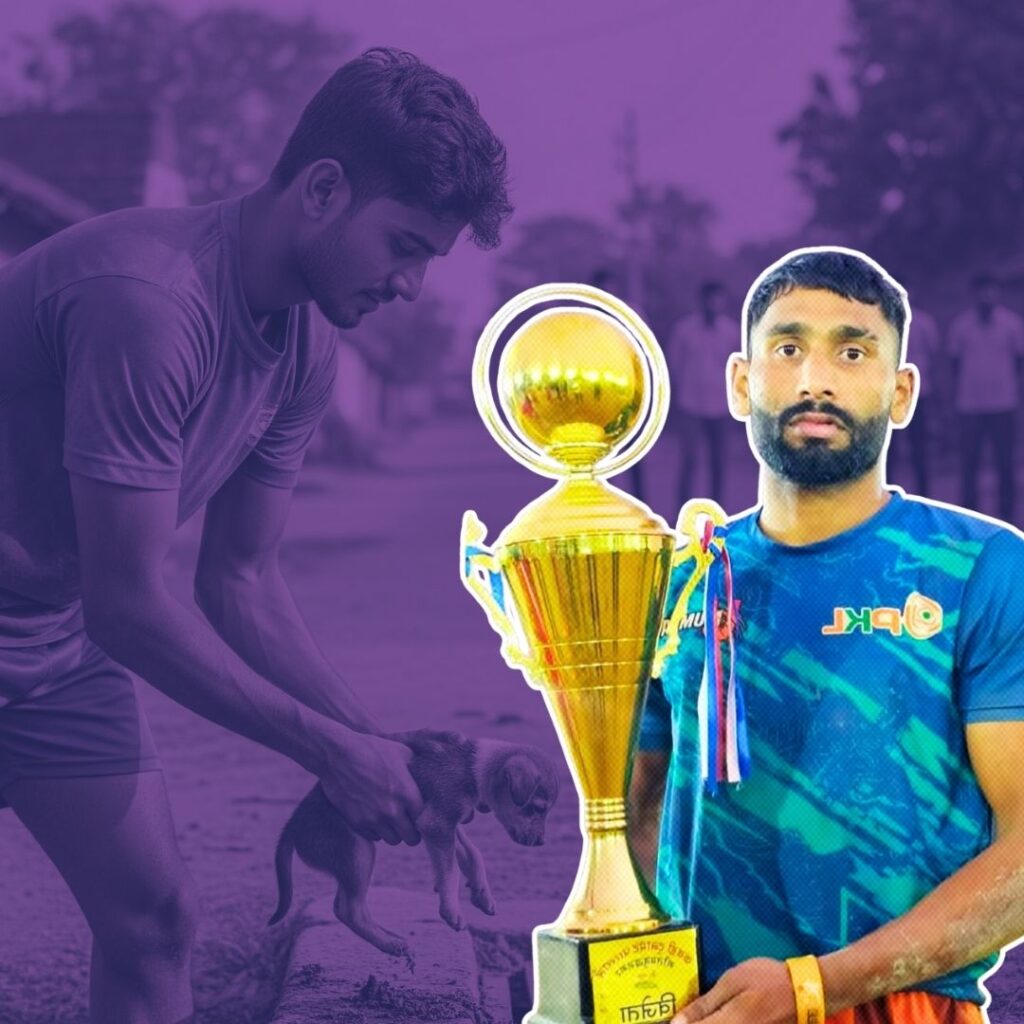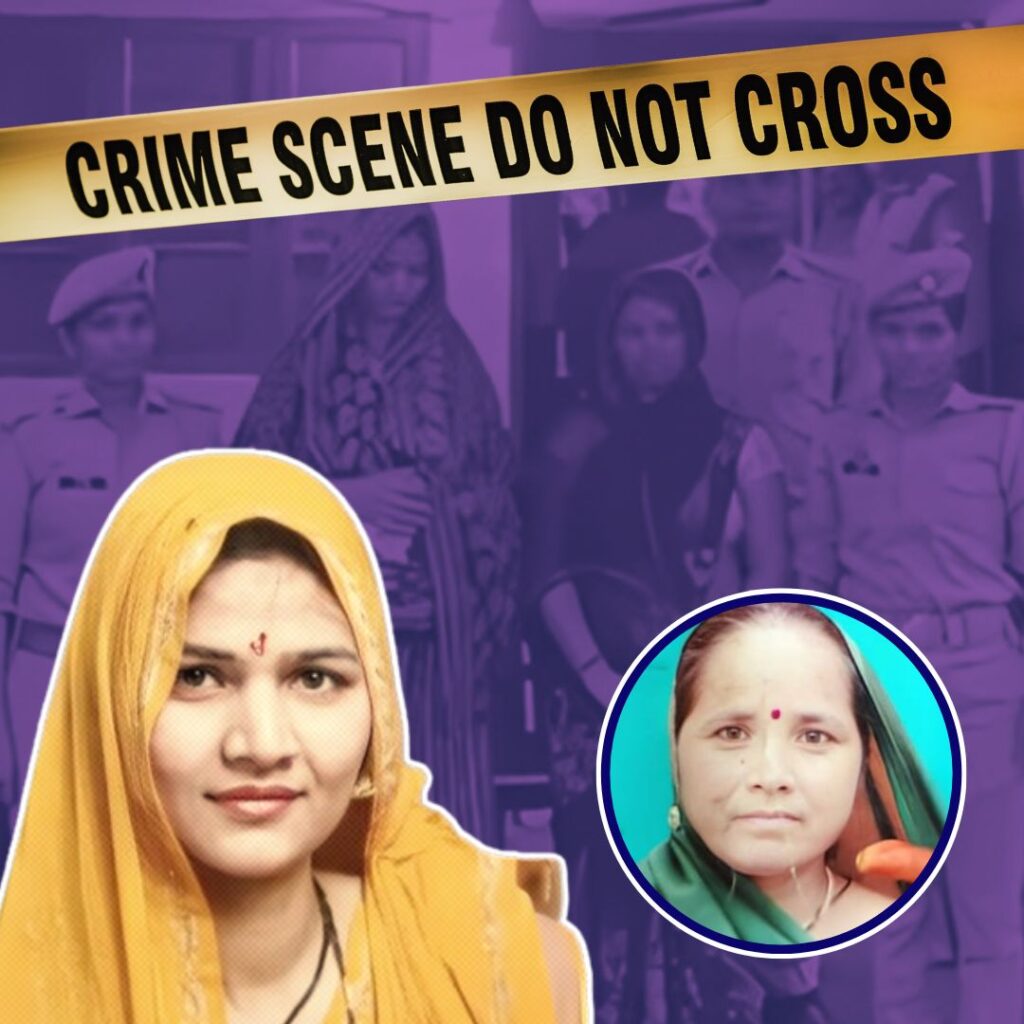A common stereotype is that rural students are not good in studies.
Biplab Das spent his early periods in rural India, where he personally experienced the difficulties and obstacles known to the rural populace. He realised it is quality early education that makes all the difference in a child’s life. It is the right pedagogy and techniques with the right learning environment that create lasting impact in rural children.
With this philosophy in mind, Biplab Das, an IIM Bangalore alumnus, along with some of his batchmates and friends, decided to form Kishalay Foundation and work towards improving learning outcomes in remote rural schools. He connected with relatives and other friends to gather funds to start this initiative.
The problem and the solution
According to reports, 35% of children in the first grade cannot recognise numbers from 1 – 9 & almost 50% of children in the fifth grade cannot read a second-grade-level textbook. Also, there is the huge problem of dropout rates (nearly 40%).
Kishalay Foundation is on a mission: “No rural Indian child should be deprived of quality early education.”
The Foundation works with government primary schools in most remote rural villages (Educationally Backward Blocks, or EBBs) in India to improve learning outcomes through mainly three types of intervention programs:
Sports Intervention Programmes: Will include cricket kit, footballs, chess board, and badminton rackets. Edutoys Intervention Programmes: Educative toys to enhance learning. IT Intervention Programmes: Tablet loaded with educational videos from Khan Academy.
Kishalay works with government primary schools in remote rural villages – where most students are first generation learners – to address the gap between different interventions programs.
Bringing change in all stakeholders
The organisation is trying to bring attitudinal changes in government-provided early education delivery by bringing in all stakeholders (teachers, students, parents and government officers) to create an effective early education ecosystem in rural India. The Edutoys Intervention programme is geared towards improving arithmetic & creative problem-solving skills of students.
Currently, they are focusing on the Sunderbans area of West Bengal, 80 km from main Kolkata region. They have started with Bamunia Primary School by starting Kishalay Edulab with one computer supplied with educational videos on rhymes, basic science, hygiene, arithmetic and also children’s movies. This has improved the school attendance and generated great interest in learning amongst the 150 students in the school.
In the last three years, the Foundation has reached 25 schools in the Sunderbans region. In nine schools, they have started Edutoys Intervention Programmes for effective learning engaging approximately 4500 students so far.
After seeing many eight grade students not able to even write their names properly in Bengali, their mother tongue, the team realised it is difficult to correct things at higher classes if there is a huge gap in early years. With this view in mind, Kishalay EduKids Preschool was started in Godkhali with 30 students. They have hired local teachers and train them in better techniques.
Scale
There are close to 9000 government primary schools in South 24 Parganas district of West Bengal. In the next three years, they are planning to reach out to each school in the region. Apart from the Sunderbans area, they also want to reach other EBBs in West Bengal in the near future. Kishalaya Foundation is replicating the Kishalay EduKids Preschool model in EBB districts with 50 such schools.
There many NGOs in the early education space in India, each trying to address some of the key problem areas like food and nutrition, education for girls, education for the most marginalised section of society. Kishalaya Foundation is probably one of the few non-profits which is focusing on creating a larger impact by focusing on enhancing the existing early education delivery provided by the government.
With #MySocialResponsibility, we aim to bring you more inspiring stories of individuals and organisations across the globe. If you also know about any changemakers, share their story at [email protected] and we’ll spread the word.











